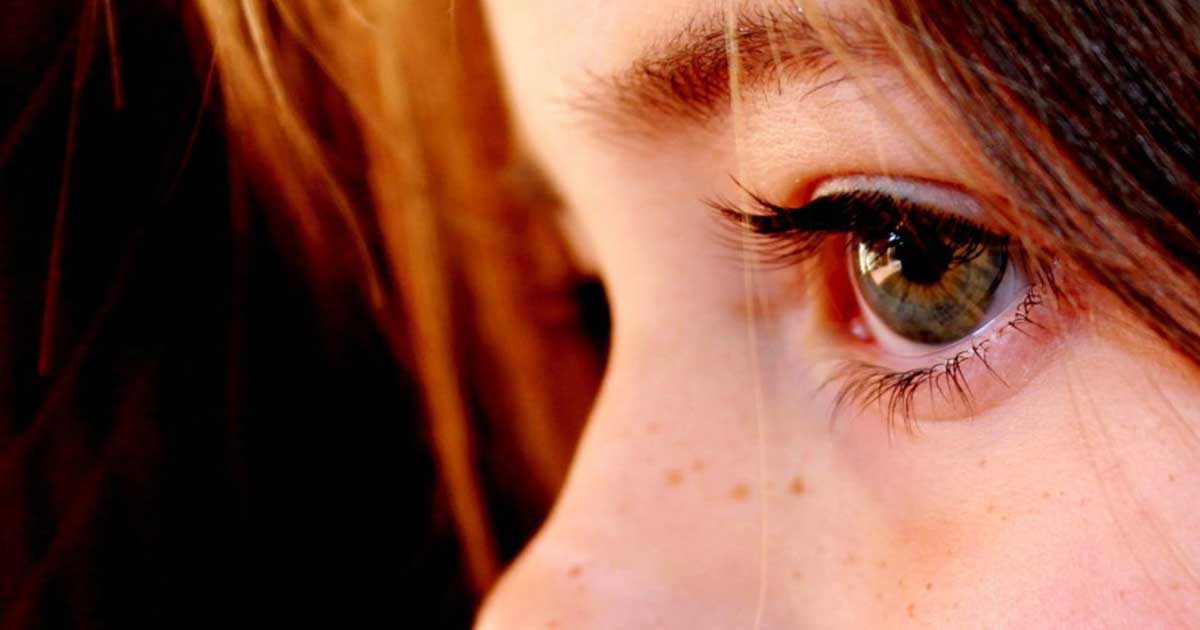
Some people might feel like the topic of autism is a more common today than ever before. While autism is no recent discovery, this goes to show how awareness and understanding is being spread widely. The more we hear and learn about autism, the more normalized it becomes – not that we should spend our lives striving to be “normal.” In fact, that’s what is so special about autism, it’s so unique. The condition is unique, as well as the people affected by it.
What is Autism?
Autism is a condition that ranges on a spectrum of severity and symptoms. Impacting the nervous system, some common symptoms include: difficulty communicating and interacting socially, having obsessive interests, and repetitive behaviors. Symptoms are reduced by early recognition, along with behavioral, educational, and family therapies.
Autism Stereotypes
Autism is on a spectrum because it’s not one diagnosis that represents everyone the same way. This makes it somewhat challenging for people to understand – so then what is it? When people think of a person with autism, they usually think of Rain Man. While the Dustin Hoffman movie did give autism some exposure, it doesn’t represent every autistic person. Not everyone struggles with socializing while being extremely smart in math. Rain Man has become the biggest autistic stereotype.
Some people struggle with communicating vocally, while others love to talk. Some are good with numbers and science, while others might be more creative and abstract thinkers. Others could be extremely book smart, while others struggle with learning disabilities.
Celebrating Uniqueness
Autism as a disorder doesn’t fit into particular mold; nor can we put an autistic person in a box. There’s a variety of therapies to support the development and learning of autistic children and their families. We want to help children function in everyday life, but we don’t want to force them into a box. We should help them flourish without trying to mold into what’s viewed as “normal.”
The condition can make autistic people think differently, in unique ways. Some will have very vivid imaginations and live in abstract worlds. We should celebrate their uniqueness and explore what makes them extraordinary. We don’t want to suppress the kind of thinking and perspective that we could benefit from. That’s what makes them outstanding, they stand out and can’t fit in a box.
We shouldn’t make judgements towards those with autism because we don’t think they’re “normal.” We could learn from them too.
[divider style=”empty” margin_top=”40px” margin_bottom=”0px”]
[divider style=”empty” margin_top=”20px” margin_bottom=”0px”]
Are you looking for therapy options for your autistic child?
We can arrange beneficial therapies for your child and family.
[button color=”black” custom_color=”#ffffff” font_color=”#000000″ link=”https://sandiegopsychiatrist.com/contact/”] Contact us[/button]
[divider style=”empty” margin_top=”60px” margin_bottom=”0px”]

Dr. Melden earned his Doctorate in Osteopathic Medicine at Philadelphia College Osteopathic Medicine and went to USC Presbyterian Hospital for his residency in Family Medicine. He then completed his Psychiatric residency at the University of California, Irvine and went to UCSD Geropsychiatry pursuing a fellowship. Dr. Melden has over 14 years of experience as a clinician specializing in treating child and adolescent, adult and geriatric clients. He has devoted his life to psychiatry in a variety of different treatment settings including in- patient and out-patient environments. He specializes in the psychiatric evaluation, complementary therapy approaches, and medical management of individuals suffering from mental illness. Currently, he maintains a private practice with Crownview Medical Group in Coronado and Carlsbad, California where he is CEO/President.




















